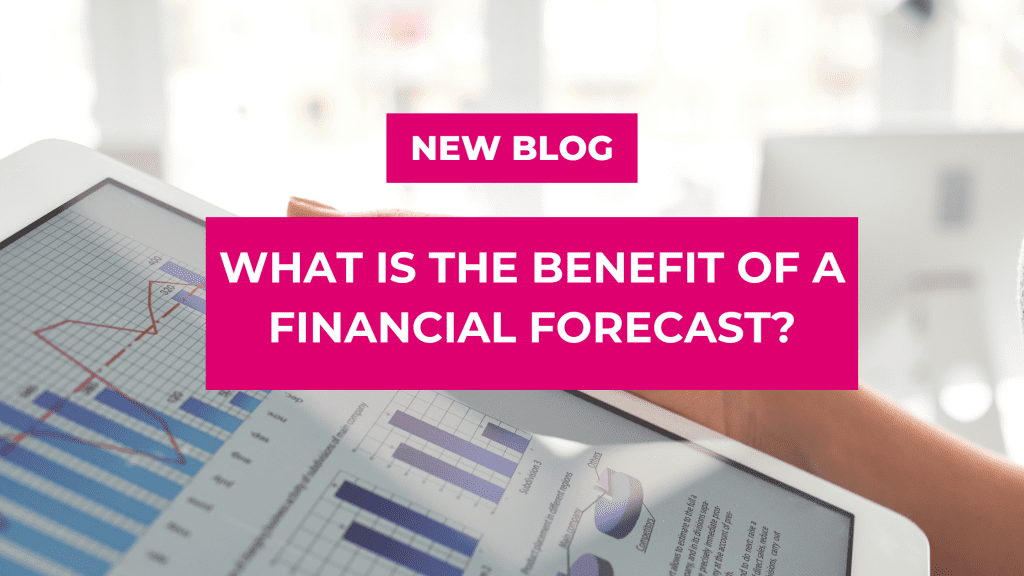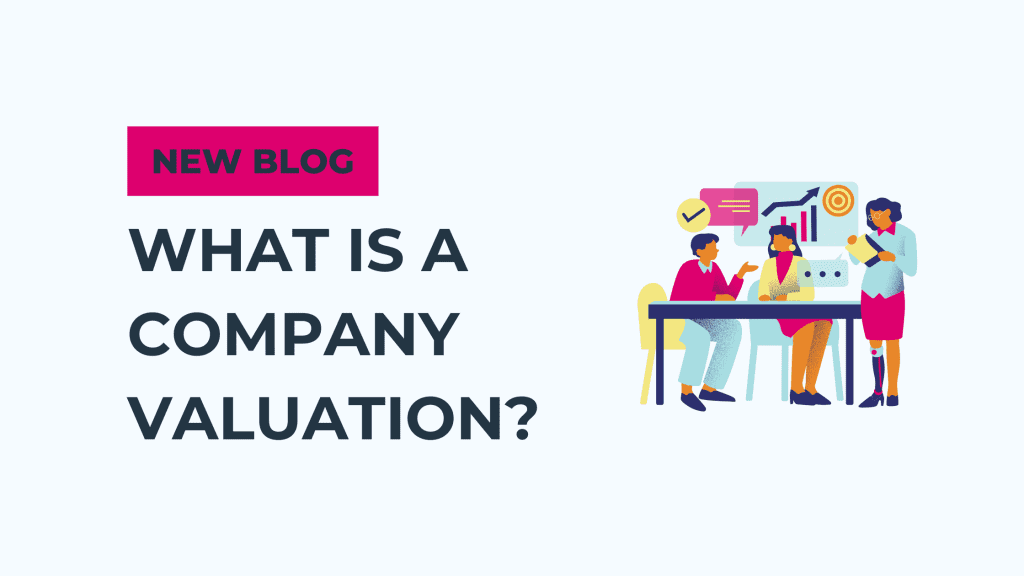



How Does Business Coaching Help in Scaling Your Business? Scaling a business can be a complex and challenging endeavour, requiring…

Do I Need a Business Coach? Running a business can be a complex and demanding endeavour. You might find yourself…

Essential Financial Tips for Start-Up Businesses: Setting Up for Success Starting a business is an exciting journey filled with potential…

How Do Family Businesses Ensure Successful Succession Planning? Succession planning is a critical aspect for family businesses, especially in the…

What is the Benefit of a Financial Forecast? Financial forecasting is an essential tool for businesses of all sizes. By…

What Are the Different Ways I Can Exit My Business? As a business owner in the UK, planning an exit…

What is a Company Valuation? Understanding the value of a company is essential for various reasons, whether you’re planning to…

Unraveling the Mysteries of Business Finances – the Fun Way! 1. When Business Finances Feel Like Hieroglyphics Ever found yourself…

A common dilemma faced by many budding entrepreneurs and freelancers in the UK is: should I become a limited company?…